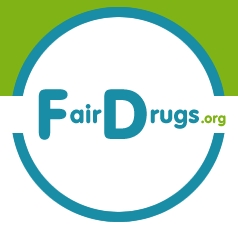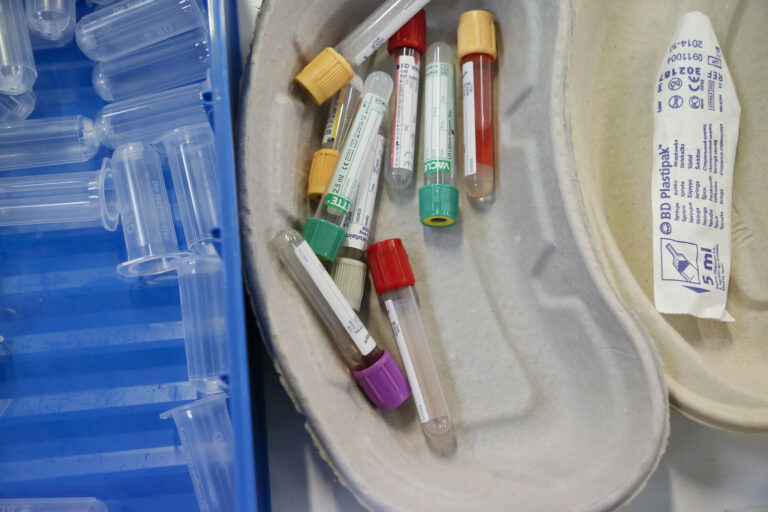
A step forward in the unethical testing issue
The European Medicines Agency (EMEA) has announced that it wants to implement improved monitoring of compliance of ethical guidelines for clinical medical research outside the European Union. A lobbying success, according to Wemos. But it is important to maintain the pressure.
A recent study by SOMO describes what measures the European Parliament can take to improve the application of ethical rules in clinical trials. The European bodies which are responsible for authorising new medicines for the European market are the registration authorities. SOMO concludes that, with the help of the information they currently have at their disposal, it is almost impossible for the registration authorities to verify whether medicine research has been carried out ethically or not. No practical checklist is available regarding what is ethically acceptable in developing countries, and a number of ethical discussions have not yet taken place. For example, whether a medicine should be refused in the EU market if it becomes clear that it has been tested against a placebo outside Europe, when that specific case would never have been approved here. Or if it becomes clear that trial subjects in developing countries have tested the medicine without themselves ever having access to it? In practice, this is still unthinkable, despite EU legislation which says medicines should be tested outside Europe with the same ethical standards.
Another discussion is whether it is desirable that the European registration authorities are so dependent on the industry in the performance of their work: 93% of the income of the Dutch Medicines Evaluation Board (CBG) originates from the companies. This is 67% for the EMEA.
EMEA already made it known in mid-February that it would really be paying attention to ethics from now on in the admission of medicines which had been tested outside Europe. Annelies de Boer (Wemos) thinks that this is a positive development: “We are primarily curious as to how EMEA will flesh out the practical application of international ethical guidelines. We hope that the latest version of the Helsinki Declaration will serve as the point of departure, and that EMEA will ask experts from developing countries for advice.” Den Boer points out that the registration authorities in the European member states – such as the CBG in the Netherlands – must also take action. “Political support is needed," says Den Boer, “both at the European level and in the member states, in order to implement the steps proposed by the EMEA.”
This political support is being mobilised by the campaign FairDrugs.org, launched in February – a worldwide coalition of health organisations and scientists. In the accompanying Call for Ethical Clinical Trials in Developing Countries, this campaign calls on policymakers, legislators and pharmaceutical companies to respect the rights of trial subjects in developing countries. A large number of health and human rights organisations, students, scientists, members of parliament and care providers from the Netherlands and elsewhere have already placed their digital signatures at www.FairDrugs.org(opens in new window) .
In a letter to nine European ministers of health, a group of organisations under the leadership of Wemos makes an urgent appeal on 20 May to the ministers to ensure that the EMEA actually takes the steps it has promised to take.
Related news
-
 EU health data law rolls out the red carpet for Big TechPosted in category:Long read
EU health data law rolls out the red carpet for Big TechPosted in category:Long read Irene SchipperPublished on:
Irene SchipperPublished on: -
Civil society coalition urges EU to put the interests of patients and citizens at the heart of the European Health Data SpacePosted in category:Published on:Statement
-



